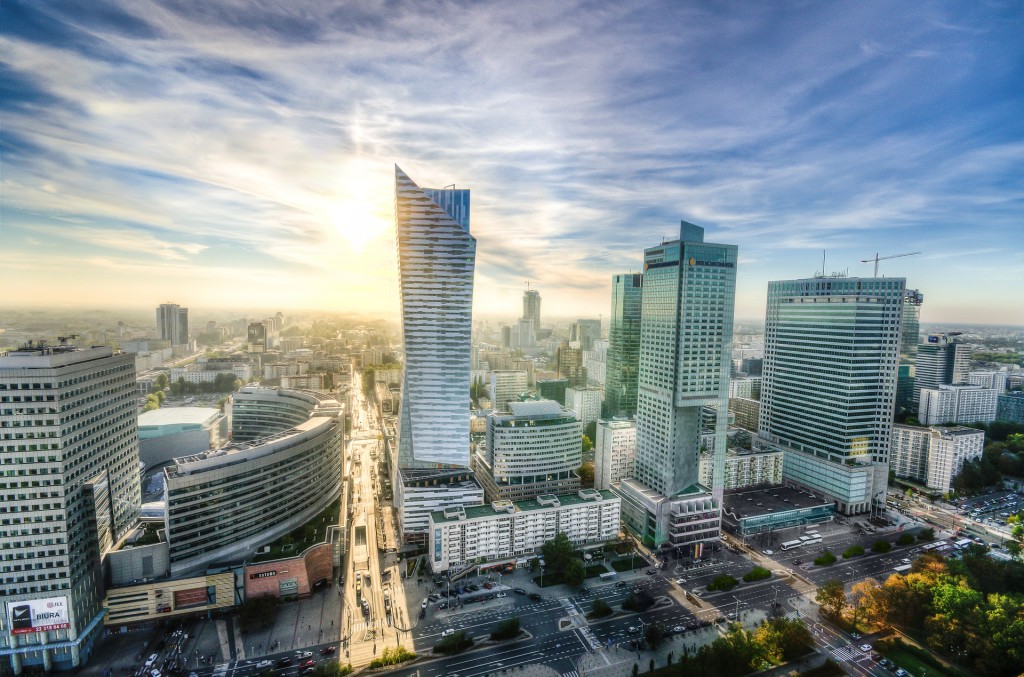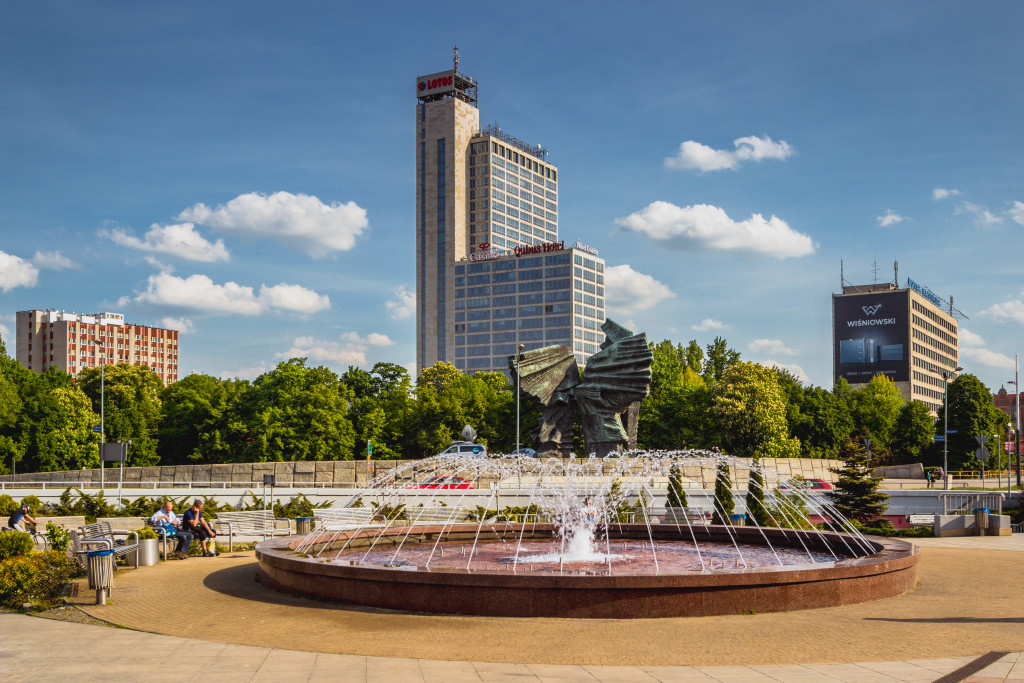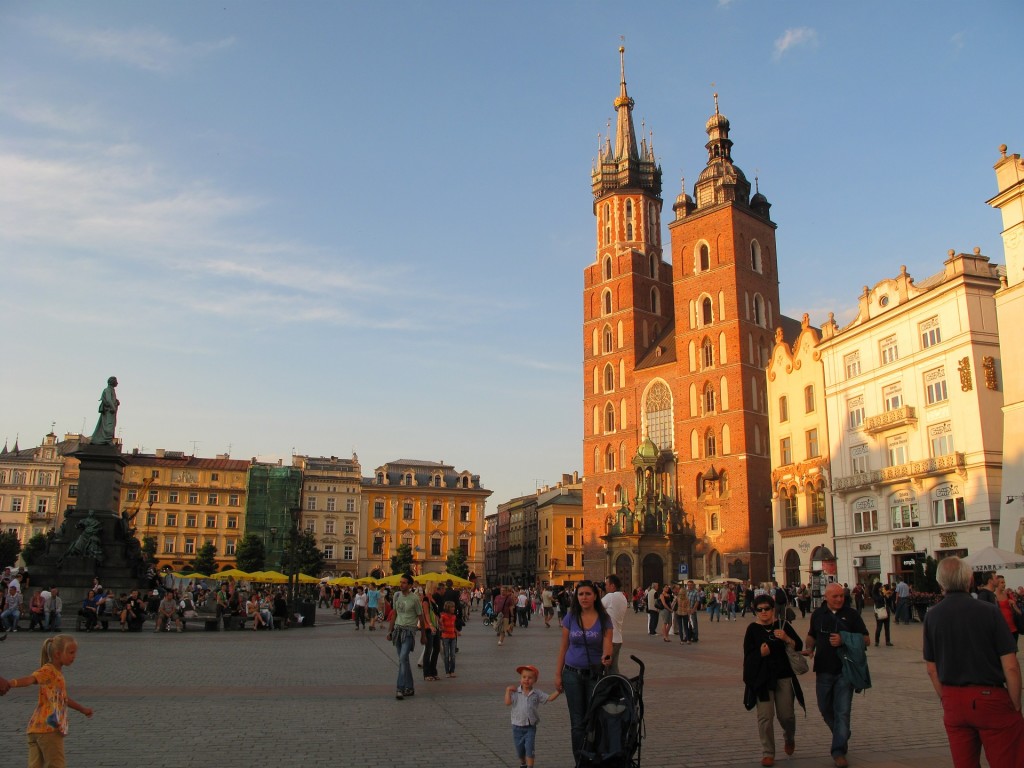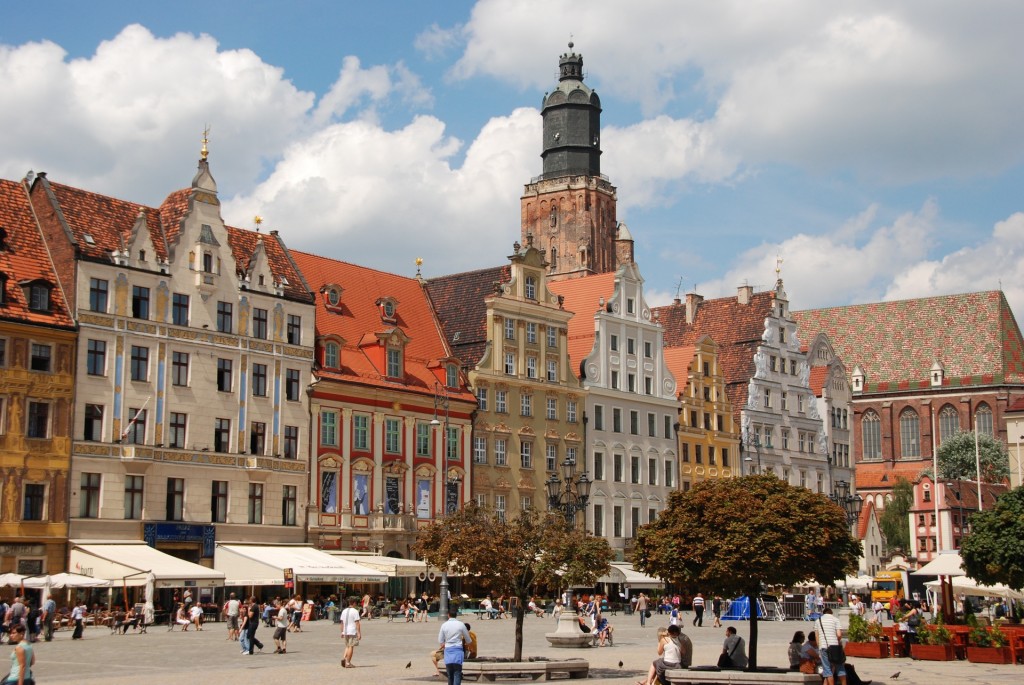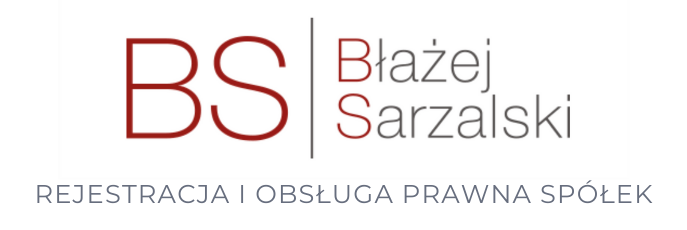PESEL Number in Poland: A Comprehensive Guide
In Poland, the PESEL (Powszechny Elektroniczny System Ewidencji Ludności, or Universal Electronic System for Registration of the Population) number plays a crucial role in the identification and administration of individuals within the country. This comprehensive guide delves into the intricacies of the PESEL number, exploring its significance, the necessity for Polish company management, and the process of obtaining it, especially for foreigners residing in Poland.
Understanding the PESEL Number
What is PESEL?
The PESEL number is Poland’s national identification system, designed to uniquely identify individuals within the country. It is an 11-digit number, with each digit serving a specific purpose, reflecting the person’s birth date, gender, and other personal information, followed by a unique control number ensuring its authenticity. This system, instituted to streamline government and private sector operations involving identity verification, is integral to the daily administrative functions within Poland.
Significance of PESEL in Daily Life
The PESEL number is more than just a series of digits; it’s a key that unlocks various aspects of everyday life in Poland. From healthcare access and banking services to educational enrollments and voting, the PESEL number is an essential requirement. Its role extends beyond basic identification; it facilitates efficient and secure transactions, ensuring that personal data is accurately linked and accessible to authorized entities.
PESEL for Polish Company Management
Why PESEL is a Must for Businesses
Since the end of 2019, Polish law mandates that every company register in the Central Registry for Beneficiary Owners. This registration is critical to comply with legal requirements and avoid potential fines. The registration process demands electronic submissions, where the EPUAP (electronic trusted profile) stands out as the most popular and cost-effective e-signature option.
EPUAP and PESEL: The Connection
To obtain an EPUAP, essential for signing financial statements and making amendments in the National Court Registry, a PESEL number is indispensable. This necessity underscores the PESEL’s importance not just for individuals but also for the seamless operation of businesses within Poland. Without a PESEL, managing a company’s administrative tasks becomes significantly more challenging.
Acquiring a PESEL Number
For Foreigners Living in Poland
The process of obtaining a PESEL number is straightforward for foreigners who have registered their residence in Poland, as it is automatically assigned. This facilitates their integration into the Polish system, granting them access to services and fulfilling administrative requirements with ease.
When You Can’t Register Your Residence
For those unable to register their residence, whether due to specific circumstances or regulatory hurdles, there remains a pathway to obtain a PESEL. This involves submitting an application independently or through attorney services, ensuring that even without a registered residence, individuals can comply with Polish regulations and participate fully in societal functions.
Conclusion
The PESEL number is a cornerstone of identification and administrative processes in Poland, serving as a vital component for both individuals and companies. Understanding its significance and the procedures for obtaining it, especially for foreigners residing in Poland, is essential for seamless integration and compliance with Polish laws. Whether for accessing services, fulfilling legal obligations, or managing a company, the PESEL number stands as a testament to Poland’s commitment to efficient and secure data management.
